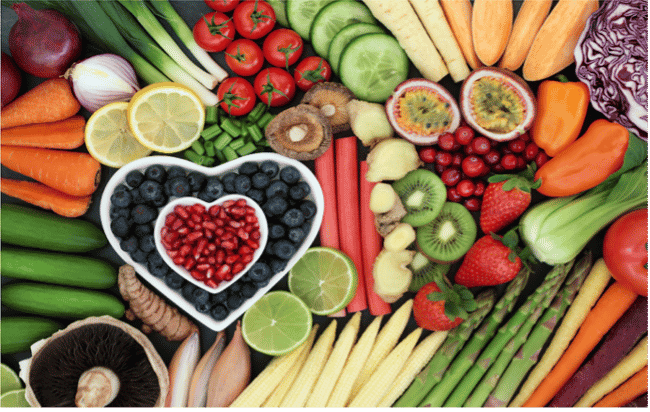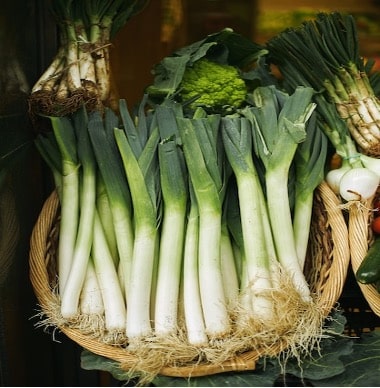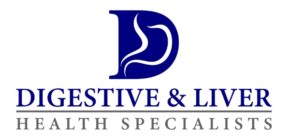Colon Cancer is the second leading cause of cancer death in the United States, behind only lung cancer. Around 135,000 people are affected every year, causing more than 50,000 deaths annually1. However, if colon cancer is detected early, and preventive measures are taken, cancer can be cured and avoided. Even though it is prevailing at a higher rate, the good news is it can be prevented by adopting specific measures.

What diets should be preferred?
There are two leading causes of the onset of colon cancer: genetics and dietary habits. Unfortunately, you can't control your DNA, but fortunately, nutritional habits can be changed and modified easily. Research shows that adopting the following dietary trends has shown excellent results:
- Whole-grain consumption
- Dairy product consumption
- Eat less red meat
- Ample amount of dietary fiber
- Less processed food.
- Quitting alcohol and smoking.
Below are the nutrients and foods that help prevent and control the occurrence of colon polyps.
Reduce Red Meat Consumption
Overeating red meat can lead to colon polyps and cancer2. Red meat consumption is common in the United States. Daily protein can be sufficiently gained from plant sources. To reduce the risk of colon cancer, it is best to consume limited portions of red meat. Limit red meat intake to 2-3 times weekly at most.
Prebiotics and Plant Fiber
Prebiotics are the nutrient-rich fiber source used as a fuel by beneficial bacteria of the colon for energy production. These probiotics are used to produce butyrate, which ensures the acidic environment in the colon that helps protect the cell lining, which prevents the formation of polyps and cancer3. Bacteria residing in the colon directly rely on the dietary fiber a person consumes. The following are sources of soluble dietary prebiotics:
- Garlic
- Onions
- Wheat
- Bananas
- Leeks
- Artichokes
In short, almost every plant-based food is beneficial to the colon environment.
Sulforaphane and Certain Vegetables
Cabbage, broccoli, cauliflower, and brussel sprouts are beneficial in maintaining colon health. Sulforaphane is a principal ingredient in these vegetables that acts as a potent anti-cancer substance4. It has been shown in laboratory studies that sulforaphane has excellent anti- cancerous properties. Regular intake of these vegetables has beneficial effects on the colon.
Calcium and Vitamin D
To lessen the chances of colon polyps and cancer, a recommended 1200 mg of calcium should be consumed in some form per day. Milk is a great source of calcium. Additionally, calcium can also be consumed in the form of almonds, tofu, spinach, broccoli, and kale5.
Along with calcium, vitamin D plays a crucial role in the body by helping regulate close to 200 genes. In addition, research has shown anti-cancer effects of vitamin D. Around 800-1200 IU of vitamin D intake is recommended per day.
Multivitamins and Folate
A daily multivitamin, and daily folate intake at recommended doses can also have added protective health benefits6
Summary
Certain vegetables, fruits, and supplements help prevent colon polyps and cancer. Consult with our team of providers and follow these recommendations for optimal results.
References:
1. Colorectal Cancer — Cancer Stat Facts. Accessed March 26, 2022. https://seer.cancer.gov/statfacts/html/colorect.html
2. Farvid MS, Sidahmed E, Spence ND, Mante Angua K, Rosner BA, Barnett JB. Consumption of red meat and processed meat and cancer incidence: a systematic review and meta- analysis of prospective studies. Eur J Epidemiol. 2021;36(9):937-951. doi:10.1007/S10654-021-00741-9
3. Tantamango YM, Knutsen SF, Beeson L, Fraser G, Sabate J. Association Between Dietary Fiber and Incident Cases of Colon Polyps: The Adventist Health Study. Gastrointest Cancer Res. 2011;4(5-6):161. Accessed March 26, 2022. /pmc/articles/PMC3269152/
4. Frydoonfar HR, McGrath DR, Spigelman AD. Sulforaphane inhibits growth of a colon cancer cell line. Colorectal Dis. 2004;6(1):28-31. doi:10.1111/J.1463-1318.2004.00488.X
5. Song M, Garrett WS, Chan AT. Nutrients, Foods, and Colorectal Cancer Prevention. Gastroenterology. 2015;148(6):1244. doi:10.1053/J.GASTRO.2014.12.035
6. Zhang SM, Moore SC, Lin J, et al. Folate, vitamin B6, multivitamin supplements, and colorectal cancer risk in women. Am J Epidemiol. 2006;163(2):108-115. doi:10.1093/AJE/KWJ016

